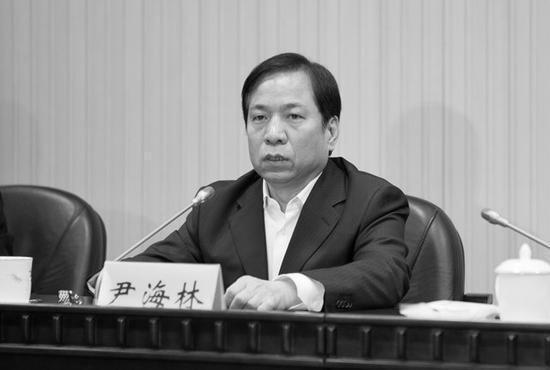News analysis
The city of Tianjin on China’s north-eastern coast operates one of the world’s busiest ports, and the central business district is host to hundreds of multinational companies, including a good chunk of the Fortune 500.
But today the city is missing its own two top executives.
On Sept. 10, the Chinese Communist Party’s internal disciplinary police announced that Huang Xingguo, Tianjin mayor and acting Party Secretary, is being investigated for “severe violations of discipline,” a charge that usually refers to corruption. In the Chinese regime, Party Secretaries rank higher than mayors, and are the de facto political leaders.
Yin Hailin, Tianjin’s deputy mayor, was taken away on the same charge on Aug. 22. No replacements for Yin or Huang have been announced.
Malfeasance appears to account for the sudden removal of Tianjin’s top officials, but the real reason might be political. Huang and Yin are connected with former Party boss Jiang Zemin’s faction, a rival group that Party leader Xi Jinping has been purging as he seeks to consolidate his control over the Chinese regime. Tianjin itself appears to have operated largely without oversight for years, with corruption cases or scandals cropping up regularly.
This year, Xi appears to be building up a case against Jiang himself. The purge of Huang and Yin are timed before a high-level Party conclave in October, and may serve to put Jiang’s allies on notice.
Factional Connections
Yin Hailin, 56, is almost certainly a political client of Zhang Gaoli. Zhang, a member of the powerful Politburo Standing Committee and former Tianjin chief, is a known ally of Jiang Zemin.





